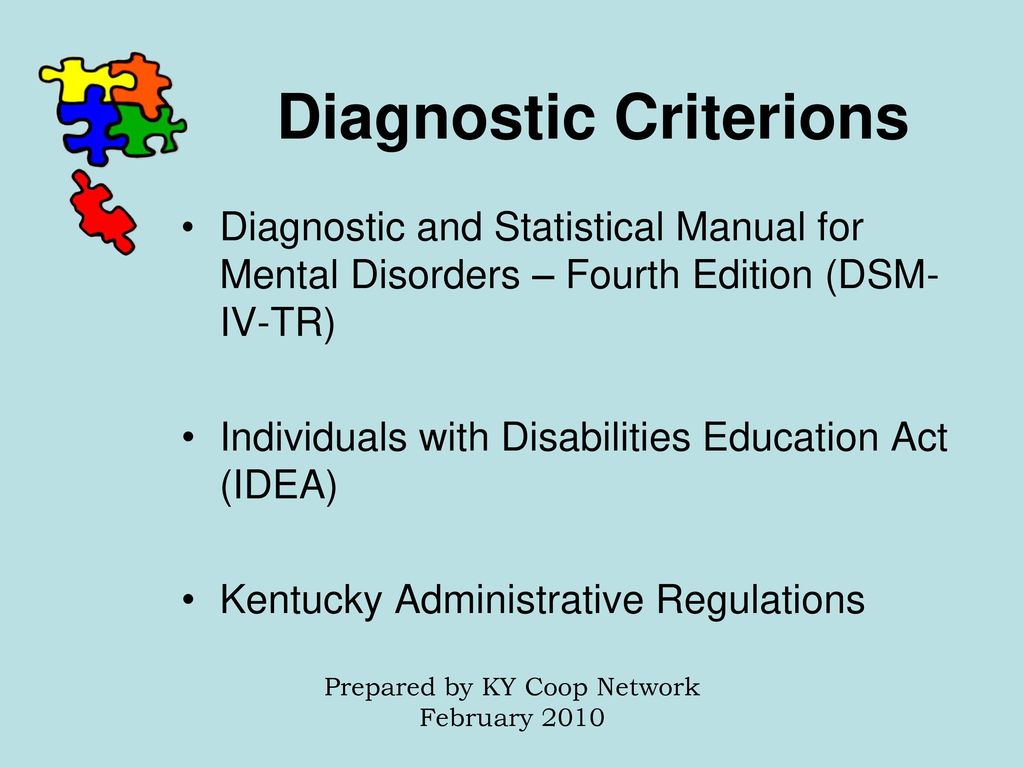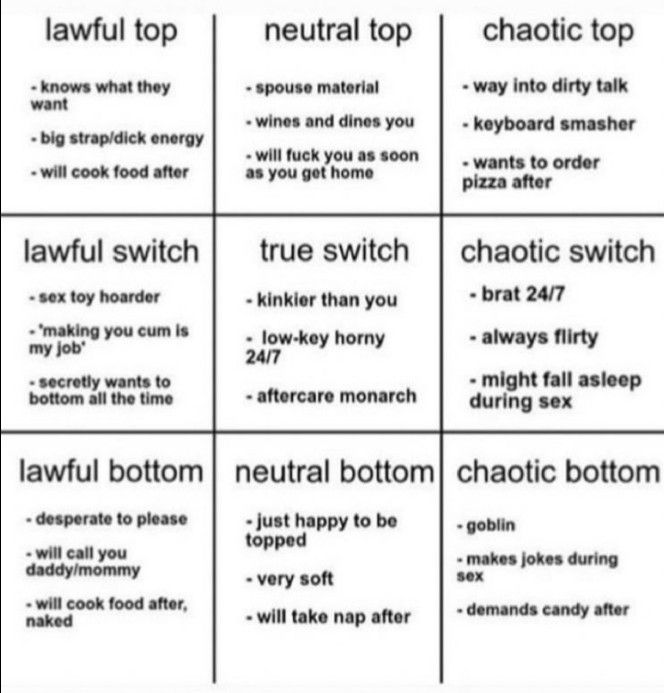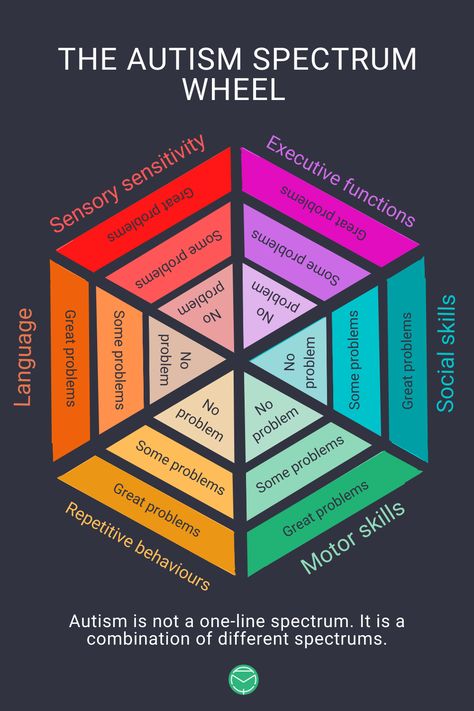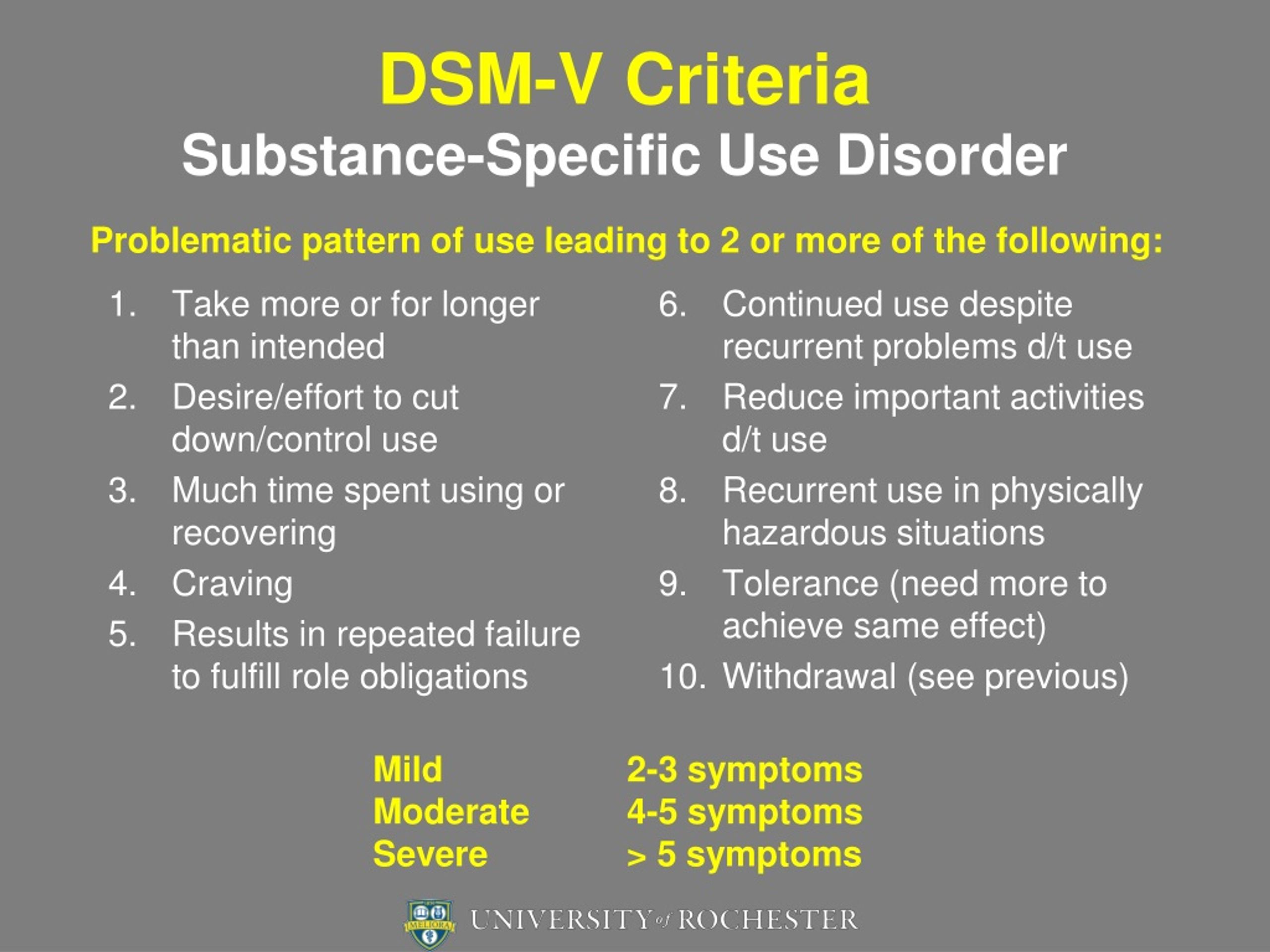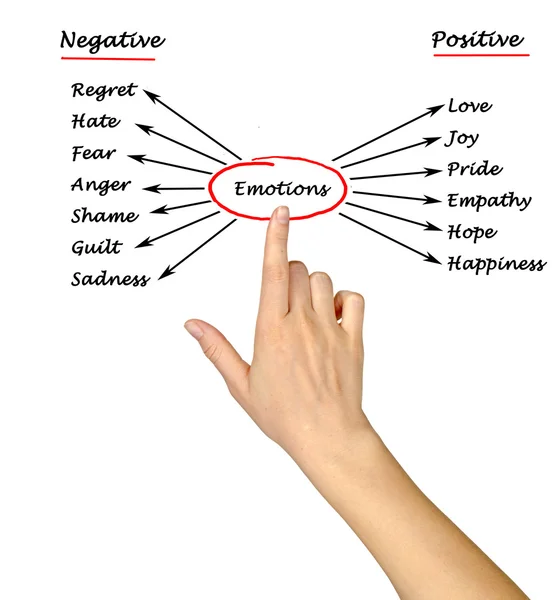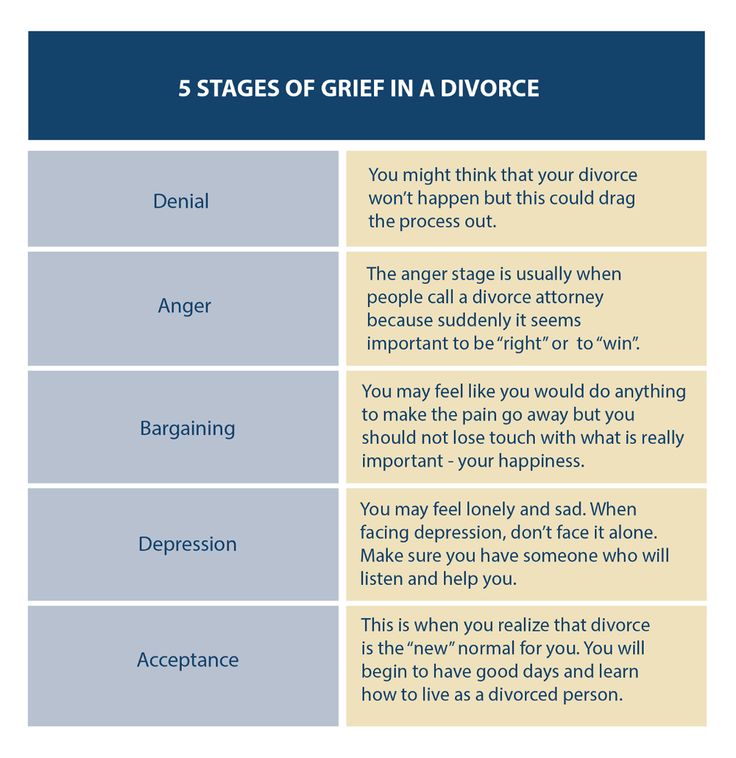How long is the grieving process after a break up
How Long Does It Take to Get Over a Breakup?
Heartbreak typically represents a serious source of emotional, even physical, pain. You loved and lost, so it’s only natural to experience lingering grief.
As you work to patch yourself back together after a bad breakup, you might wonder, “How long will this last?”
Unfortunately, there’s no definitive answer.
People recover from grief at different paces, for one. You also might need more time to recover from certain relationships, particularly those that lasted longer or felt more meaningful to you. You may always carry some memory of your loss.
But you will heal in time.
Here’s a closer look at what might affect this amount of time and some tips for recovering and moving on.
Perhaps you’ve heard the theory, popularized by various media sources, that breakup recovery requires half the amount of time you spent in the relationship.
Having a solid endpoint to look forward to might help you feel better, but recovery doesn’t always follow a clear timeline.
People sometimes find themselves still grappling with pain and grief more than a year after ending a relationship that was over within months. Others might heal and move on in weeks, even when the relationship lasted a year or longer.
Online polls
When looking at the timeline of breakups, many sites refer to a “study” that’s actually a consumer poll a market research company conducted on behalf of Yelp.
The poll’s results suggest it takes an average of about 3.5 months to heal, while recovering after divorce might take closer to 1.5 years, if not longer.
Scientific research
While the above poll doesn’t qualify as an actual study, that doesn’t mean researchers haven’t considered this age-old question.
In one 2007 study, researchers surveyed college students who’d gone through a breakup within the past 6 months. On average, the breakups happened in the 11 weeks before the study.
After the breakup, many participants reported increased positive emotions — including empowerment, confidence, and happiness.
Since the breakups happened an average of 11 weeks before the study, these findings seem to imply many people recover after about 11 weeks. This time frame only offers an average, though.
Remember, the study looked at people who had gone through breakups within 6 months, so it could take 6 months to see this improvement, if not longer.
Another 2007 study aimed to compare the level of distress people thought they might experience after a breakup with the actual distress they experienced.
Of the 69 participants, 26 experienced a breakup within the first 6 months of the study. These participants reported their distress by filling out a questionnaire every 2 weeks. Their distress declined steadily over several weeks, just as they had predicted, and by the 10-week mark, they felt better.
While these findings don’t conclusively offer a specific timeline for recovery, they suggest two things: You might start feeling better fairly quickly and feel better after about 10 weeks.
Remember that both of these studies were quite small, making it hard to draw any major conclusions from them.
If experts haven’t landed on a clear timeline for breakup recovery, it’s safe to assume there is no fixed time frame for healing.
The truth is, breakup recovery varies so widely because so many different factors can affect the process. Your own experiences might even emphasize this.
If you’ve gone through a few breakups, take a moment to look back on how your recovery from each played out. You probably didn’t heal at the same pace each time.
A few potential factors that might affect recovery include:
Your commitment
Generally speaking, the greater the personal investment in a relationship, the more distress you’ll likely experience when the relationship ends.
Perhaps you like your partner’s company and enjoy spending time together but don’t see a future. Eventually, you mutually decide to look for something more serious elsewhere.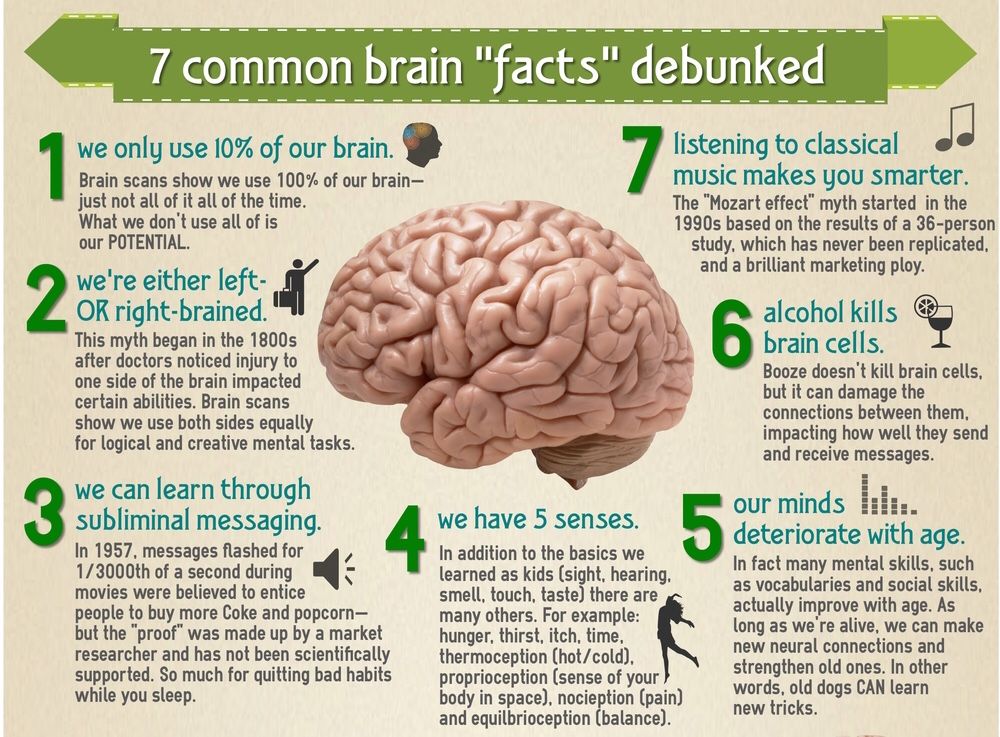
At first, you miss seeing them and feel some loneliness and regret. But once a few weeks have passed, you’re ready to get back out there.
When you believe your relationship has lasting potential, however, you might feel significantly more distraught when it ends.
Say you thought you and your partner were completely in love. Perhaps you just moved in together or started talking about kids.
Then suddenly, something happened to turn your relationship upside down. When a breakup comes as an unwelcome surprise, confusion and hurt can make it even tougher to overcome the rejection.
When you live together, dividing your shared life into two separate lives can add even more pain, especially when you also have to cope with unwanted changes in finances, living arrangements, or shared friendships.
Infidelity
When a relationship ends because of infidelity, recovery might follow a rockier path.
Along with processing the breakup, you also have to come to terms with a breach of trust.
The trauma of betrayal can have a lingering effect on your mental health and make it harder to move on and fully trust future partners.
Relationship quality
Healthy relationships often have a positive effect on your well-being. Lower-quality or unhealthy relationships, however, might not offer the same benefits.
If you and your partner fought a lot, had communication problems, or always seemed on the verge of calling it quits, you might feel more relieved than upset when the relationship finally ends.
Maybe you didn’t fight, but there wasn’t sufficient personal interest in each other. Sometimes you can feel comfortable and stay with a partner out of convenience rather than being alone.
In either scenario, ending a less than satisfying relationship probably won’t leave you upset for long. You might even find that the breakup makes you feel better.
Who ends the relationship?
Making a choice to end a relationship that no longer feels fulfilling will probably offer some measure of relief.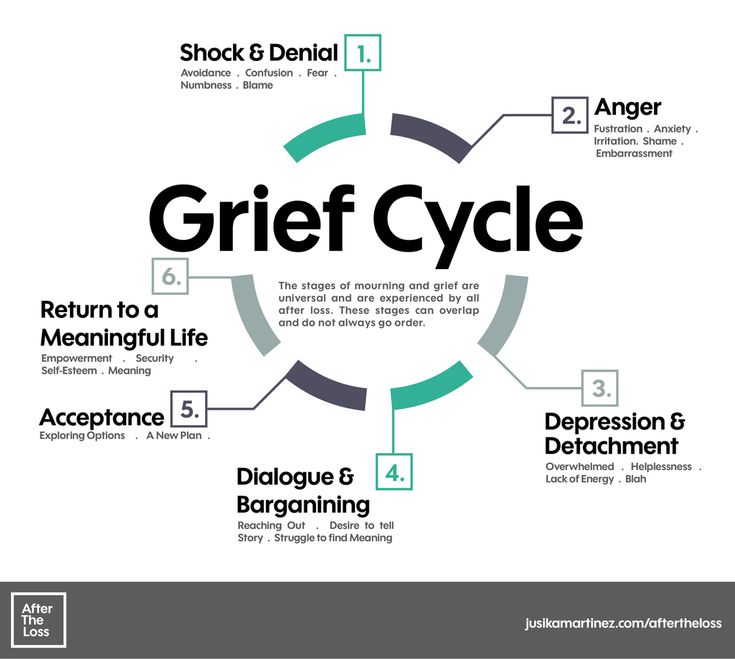
It may seem like a given that the person who ends the relationship will feel less distressed. This is often, but not always, the case. Even when you realize the relationship isn’t working out, you may not necessarily want to break up.
Maybe you still love your partner and wish you could maintain the relationship. Recognizing that you made the right decision could help you bounce back more quickly, but you’ll likely still grieve your loss.
By contrast, rejection can sting. Your partner ending a relationship can affect your sense of self-worth and leave you feeling vulnerable long after.
There’s no other way to say it: The post-breakup period can feel pretty awful.
Maybe you can’t seem to get your mind off your ex, and every distraction you try reminds you of them even more.
Restful sleep may be a thing of the past, or you have no appetite. You might even feel actual physical pain. Sad and miserable, you wonder how long it will take to start feeling like yourself again.
It’s entirely understandable you’d want to speed up the recovery process. Most people don’t enjoy wallowing in heartbreak, and breakup grief can be a heavy burden.
There’s not much you can do to hurry your healing, but cultivating patience and letting time work its magic will help. Your pain might feel intense now, but it won’t last forever.
While you may not be able to heal your broken heart any faster, you can still take care of yourself in the meantime.
These tips can help boost your resilience and improve your outlook as you begin recovery.
Remember, it’s OK to grieve
Accepting the loss of your relationship and all the painful feelings that come with it is an important step toward recovering from heartbreak.
It might seem easier to push those feelings down and pretend you feel fine, hoping you’ll convince yourself. Yet suppressing your feelings won’t help you work through them. Only by acknowledging that distress can you begin to let it go.
Sitting with your sadness, betrayal, anger, and despair might hurt at first, but mindfulness meditation and similar approaches can help you get more comfortable recognizing and accepting these emotions.
Get more tips on processing breakup grief.
Focus on self-care
In the days following the breakup, you may not feel like going to bed and waking up regularly, showering, leaving the house, or cooking.
It’s totally fine to give yourself some time to let things slide. All the same, sticking to your routine can add structure and normalcy to your days. It could make it a little easier to cope with your grief.
Taking care of your physical needs also gives you the energy you need to heal. Encourage yourself to eat well, get some exercise, and make time for quality sleep. It really can make a difference in your mood.
Find more post-breakup self-care tips.
Keep a balanced perspective
As you process the breakup, objectively look at the relationship and its demise. Putting all the blame for the breakup on yourself, or heaping it on your ex, probably won’t do much for your recovery.
Putting all the blame for the breakup on yourself, or heaping it on your ex, probably won’t do much for your recovery.
In fact, research suggests taking a negative view of your ex could help you get over them more quickly. But doing so also seems to increase the amount of distress you feel.
Instead of denying or invalidating your feelings, remind yourself it’s OK if you still love your ex. Give yourself space to fully experience those emotions. A journal offers a great place to express your thoughts about the breakup and lingering feelings.
Then try moving on to a positive distraction.
Establishing physical and emotional distance from your partner can create space to process events.
It may be difficult to completely avoid the other person, especially if you live close to one another and share similar social circles or interests. However, establishing clear boundaries around contact can help to create helpful distance.
In a world of instant communication, avoiding each other on social media may also be beneficial.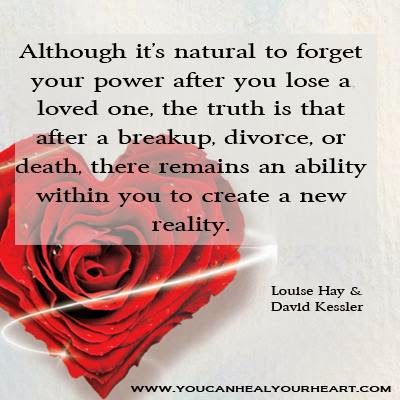 Some people may only require this until they are over a breakup, while others may find it more helpful to distance themselves permanently.
Some people may only require this until they are over a breakup, while others may find it more helpful to distance themselves permanently.
While there’s no surefire way to determine when you’ve finally recovered from the breakup, you’ll probably notice a few of the following signs:
- You can think back to the good times you had together without pain.
- You no longer avoid shared activities or favorite restaurants.
- You feel whole and complete as your own person.
- It doesn’t hurt to think about them.
- You feel ready to try dating again and open up to someone new.
Experts can’t answer how long it really takes to get over a breakup, but rest assured, your recovery will take just as long as it needs to take.
From the depths of distress, it’s often tough to see any light above, but you might see improvement sooner than you expect.
If you continue to experience distress, a therapist can offer guidance and support with the healing process.
Crystal Raypole has previously worked as a writer and editor for GoodTherapy. Her fields of interest include Asian languages and literature, Japanese translation, cooking, natural sciences, sex positivity, and mental health. In particular, she’s committed to helping decrease stigma around mental health issues.
How to mourn a breakup so that you can truly move on
One Small Thing
How much time is enough time to recover from a breakup and what should you be doing during it to heal? Mental health experts share their advice.
Experts suggest that you spend time “introverting” and using time alone to be creative and rediscover the hobbies that you may have let fall by the wayside while in a relationship.hobo_018 / Getty ImagesBy Nicole Spector
Before I met my now husband, I went through a fair amount of breakups. Occasionally, I reflect on these ill-fated relationships of mine. I line them up in my imagination like seashells, studiously inspecting the cracks and holes in even the smallest husks as I ask myself, “What went wrong there? Why did this once living, breathing relationship die?”
Occasionally, I reflect on these ill-fated relationships of mine. I line them up in my imagination like seashells, studiously inspecting the cracks and holes in even the smallest husks as I ask myself, “What went wrong there? Why did this once living, breathing relationship die?”
These are the questions I probably should have been asking myself in the wake of each breakup, but that wasn’t quite possible, because as soon as one relationship ended I’d wait approximately one menstrual cycle before throwing myself into the next ultra serious romance. I was a textbook serial monogamist who simply refused to be single for long. In retrospect I have no doubt that I moved too fast and that I would have saved myself (and even some of those men I dated) some anguish by taking the adequate time to heal after each failed romance.
But how much time is enough time to recover from a breakup and what should you be doing during it? Can casual hookups be helpful, or should you abstain from amorous activity altogether for a while? How can you know that you’re ready to date again?
We consulted a number of therapists to learn what they recommend for newly single people who perhaps aren’t so thrilled about being single.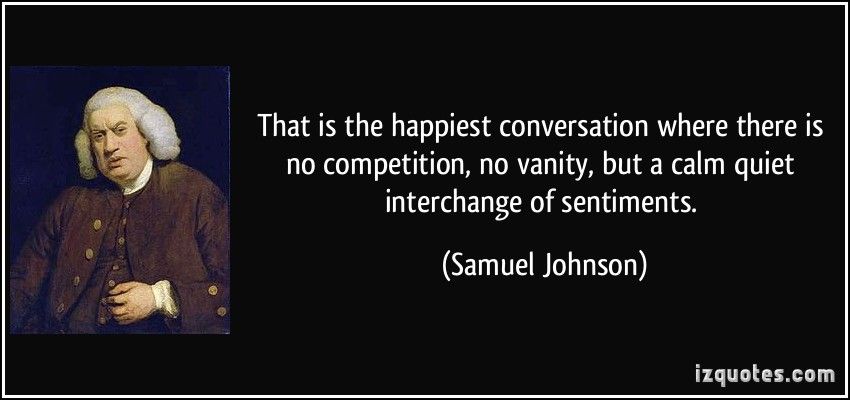
It’s important to take time to detox and unpack your baggage
The main reason we need time after a breakup is so that we can reflect, recharge and as Kiaundra Jackson, LMFT, puts it, detox.
“My rule of thumb after someone has a breakup is to have a period of detox,” says Jackson. “This is where you take time for yourself. You do not date. You do not have flings. You do not do anything that would be contradictory to your healing process.”
The goal of this healing process is to “unpack and deal with any baggage from your previous relationship(s) before entering into another,” Jackson explains. “If you don't address those things head on, you will be bringing the same baggage, issues and drama into your [next] relationship. This is where people have a hard time understanding why the same issues keep occurring.”
Grief plays by its own rules and timelines
In addition to taking the time to detox and unpack our baggage lest we bring them into the next relationship, we also need to take time to mourn.
“The process of dealing with a breakup is comparable to grief,” says Dr. Tricia Wolanin, Psy.D., a clinical psychologist. “It's the death of a relationship, hopes and dreams for the future. The person we are losing was [a big part of] our world and therefore has taken up so much of our mental and heart space.”
Jackie Krol, LCSW, notes that every person grieves and heals at their own pace, while Elena Jackson, LPC, finds that how we respond to “failure, rejection and abandonment” also plays a role in the mourning process.
Because grief is so subjective and the issues we leave a relationship with are so varied, it’s impossible to slap a definitive timetable on how long it will take before we’re over a breakup.
“There are some schools of thought out there that say you should be single twice as long as you were in a relationship. Or at least the same amount of time," says Kisha Walwyn-Duquesnay, LPC-S. "But there really is no magic number. You should take as much time as you need to heal, and that’s different for everyone. ”
”
Other factors, like how long you were together and at what stage you were in your life may also play a role in your healing timeline.
“For example, a one year, long-distance relationship for a 21-year-old, may not need as much recovery time as six year, cohabiting relationship for a 34-year-old,” says Walwyn-Duquesnay.
Casual hookups can be more trouble than they’re worth
How much time you need will depend, but know that you will need time, and that even an ostensibly carefree hookup should be off the table for a bit.
“I advise against casual hookups because they just blur emotions,” says Ibinye Osibodu-Onyali, LMFT. “[They’re] a distraction from the pain of a breakup.”
Dr. Dani Moye, Ph.D., adds that casual hookups can bring their own “emotional disruption,” stating, “It’s all about preserving yourself, energy, and sense of well-being so that you can enter the next relationship with clear focus and intentionality.”
Hopping on to Bumble for some easy fun sounds harmless, but you could end up getting stung, and then you’ve got to deal with that pain on top of the turmoil from the breakup.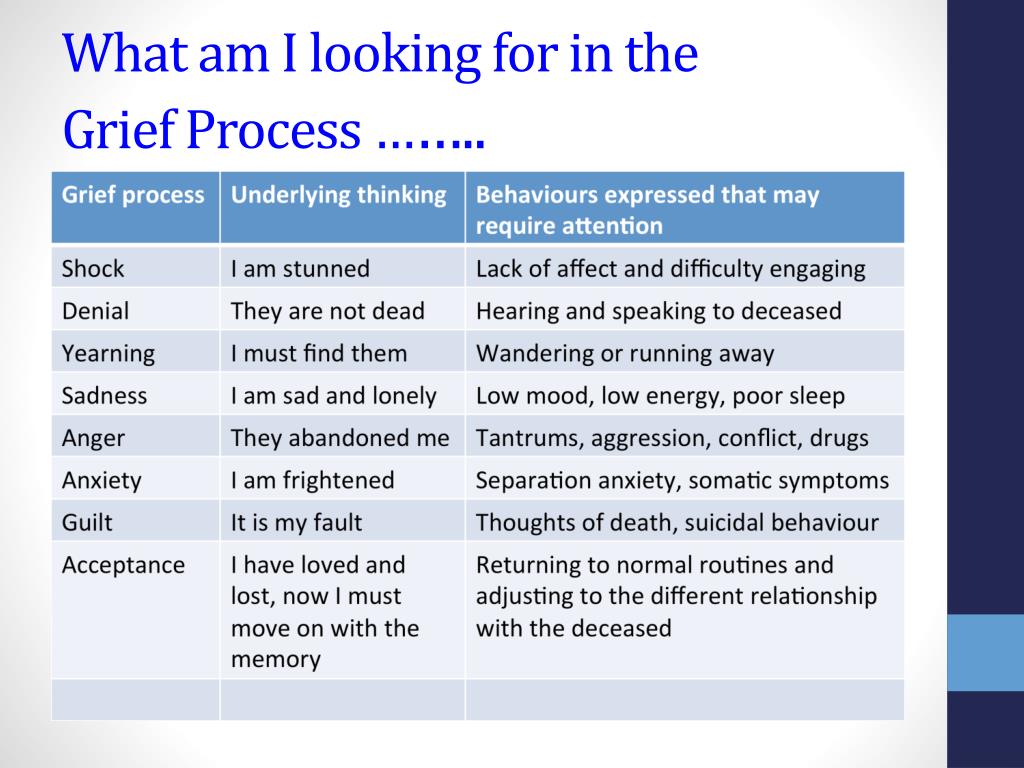
Time, by itself, doesn’t heal much. Making the effort to understand what went wrong in the relationship is what heals.
Lesli Doares, LMFT
Use these exercises to help recover from a split
“Time, by itself, doesn’t heal much,” says Lesli Doares, LMFT. “Making the effort to understand what went wrong in the relationship is what heals. This means looking at yourself as much as at your partner. Understanding your part in the patterns is what is going to make you more successful next time. Taking this time will help you get clearer on your expectations (were they realistic or not), what worked in the relationship and what didn’t, what you learned about yourself, etc.”
Here are some specific exercises you can do to help recover from the split and reorient yourself as an single person.
Spend time ‘introverting’
E. Jackson recommends “introverting”, which she defines as “using time alone to be creative, reflect and rejuvenate. When we are introverting, we are using our down time for our passions, entertainment and to rediscover the things and hobbies that we may have overlooked in a relationship.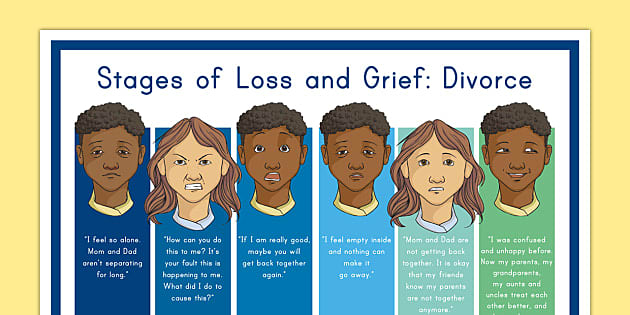 ”
”
Do what you want to do without bending to accommodate someone else
Relationships require compromises and if you’ve been in one for a while, you may have forgotten what it’s like to do things your way. Kara Laricks, a LGBQT+ matchmaker and date coach, encourages newly single people to reconnect with their personal preferences and habits. “Revisit the time of day you like to get up and go to sleep, eat when and where you feel like it, watch the shows you want to watch on Netflix and take your time doing the things you enjoy whether that is roaming around Target or taking yourself out to an exhibit opening,” says Laricks.
Let the sadness and anger rise and share it with your support system
“We have to allow the sadness to arise, to let the tears come,” says Dr. Wolanin. “Share this with your support system. Allow yourself to cry and get it out. There may be moments of anger: take time to yell, dance it out, paint, journal, run, create a fiery playlist [and just] do whatever you need to do to release this.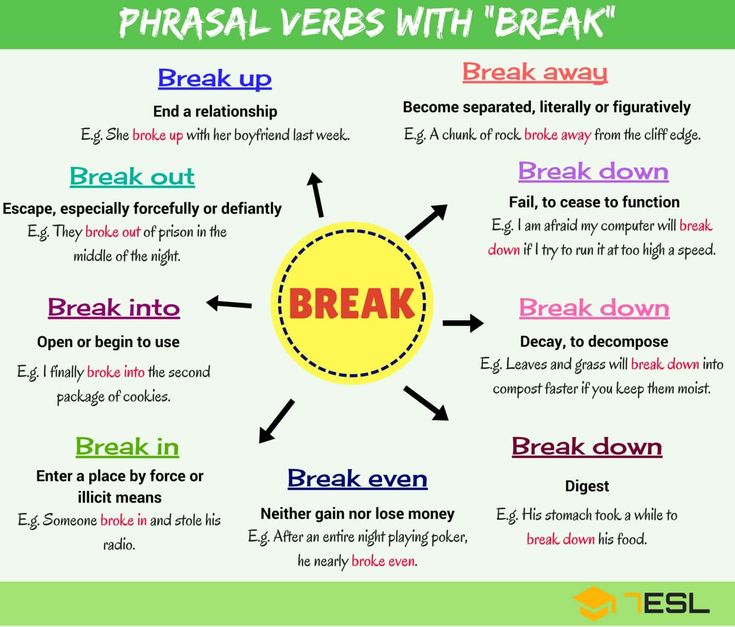 Opt for therapy if needed.”
Opt for therapy if needed.”
Do things that make you feel good about yourself
A breakup can take a toll on our self-esteem, so spend this alone time doing things that make you feel good about yourself. “If you love yourself and enjoy your own company, then you can pick from a higher quality pool of potential partners,” says Beth Sonnenberg, LCSW. “Conversely, people who don’t have good self-esteem and don’t think they deserve better often wind up in abusive or unhealthy relationships.”
Connect with the things that made you so easy to fall in love with
“I think sometimes couples fall into a routine of sleepovers, brunches, movies, dinners, gym [and so on], and while all these activities are a normal part of building a life with someone, you kind of lose yourself in the relationship,” says Kat Haselkorn, a matchmaker and relationship expert. “Spend enough time by yourself to figure out what makes you special so someone else has a reason to fall in love with you all over again.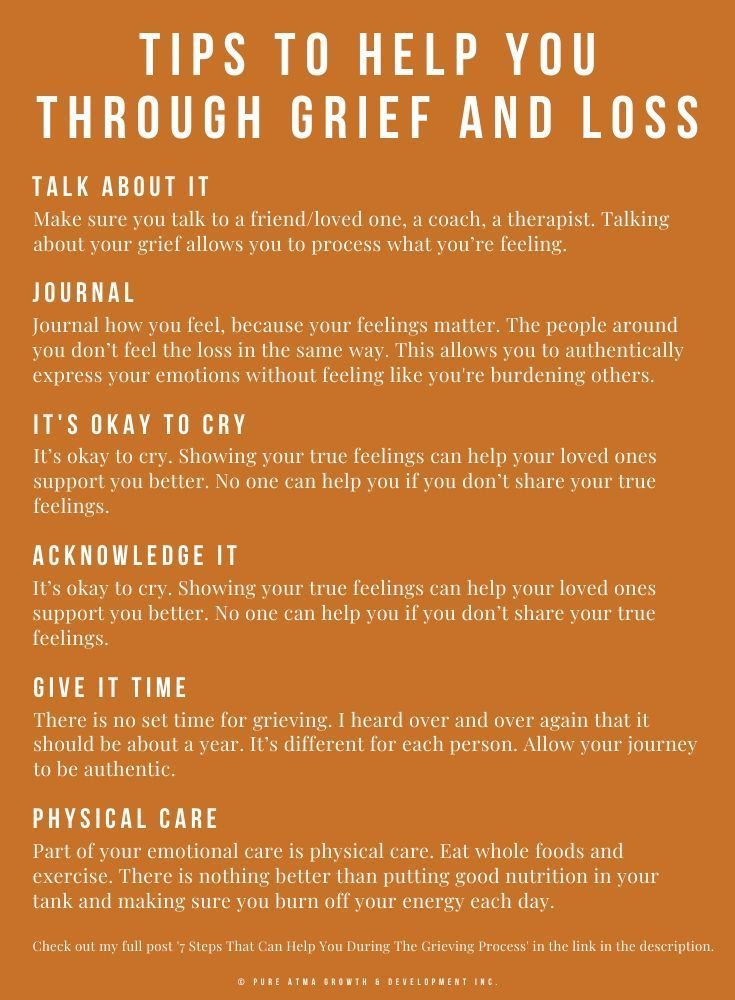 ”
”
Notice your emotional reactivity when thinking of your ex
“Process through the stages of grief and [aim for] more moments of acceptance than moments of pain when you think about the relationship that has ended,” says Dea Dean, LPC. “Denial, bargaining, anger, depression and acceptance don’t occur in order and don’t last for a set amount of time. Someone could move in and out of different stages in a matter or minutes, days or months. The best rule of thumb is to notice your emotional ‘reactivity’ when you think about your ex, and if you’re clear enough to acknowledge the good and the bad about the relationship and simultaneously acknowledge your worth of a new relationship, you’re likely ready to move on.”
Don’t feel heaviness over your ex? You might be ready to date again
This even-tempered clarity when it comes to thinking about your ex, is, as Dean notes, one good way to know you’re ready to date again.
Dr. Wolanin says that you can also tell you’re ready for a new relationship when “the heaviness” of your last one isn't there anymore, and “you have more mental space to think of other things outside of this one person. [You can] create new memories, develop new hobbies and focus on you. This is when you can begin to know you are healed, and can begin dating again in a healthy way.”
[You can] create new memories, develop new hobbies and focus on you. This is when you can begin to know you are healed, and can begin dating again in a healthy way.”
MORE RELATIONSHIP ADVICE
- How to improve your sex life: 4 tips for couples
- How one couple saved their marriage by asking this simple question
- Financial infidelity: Why we lie about money and how to solve the problem
- How thoughtful communication can improve your marriage, according to a divorce attorney
- How to use these common relationship conflicts to strengthen your bond
Want more tips like these? NBC News BETTER is obsessed with finding easier, healthier and smarter ways to live. Sign up for our newsletter and follow us on Facebook, Twitter and Instagram
How Long Do Men Survive Divorce?
There is no single answer to this question. No one knows exactly how long a man is going through a divorce and how long it will take him to fully recover.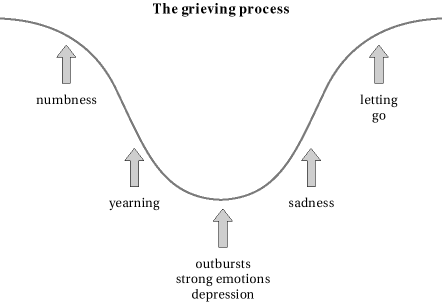 It depends on many factors. The rule of thumb for most psychologists and therapists is one year of healing and recovery for every five to seven years of marriage.
It depends on many factors. The rule of thumb for most psychologists and therapists is one year of healing and recovery for every five to seven years of marriage.
How long is going through a divorce?
On average, this period lasts 8-9 weeks. This is a time of mental turmoil and experiences, when the feeling of the meaninglessness of life, loneliness, fear and helplessness is fully manifested. Woman left alone after divorce , a break with a loved one, usually experiences many conflicting feelings.
How long does it take for a man to get out of a divorce?
Another question may arise as to whether men endure divorce for a long time. It happens in different ways. They can calm down almost immediately or after a year. Or they can put their feelings in order for 10 years if there was a betrayal by a partner.
How do men cope with separation?
Men also don't think much about the future. Immediately after the parting of , they usually feel free, spread their wings and joyfully look forward to doing what they want again and walking where they please. But the triumph of freedom does not last long (demonic laughter).
Immediately after the parting of , they usually feel free, spread their wings and joyfully look forward to doing what they want again and walking where they please. But the triumph of freedom does not last long (demonic laughter).
How to survive a painful divorce?
How to survive separation or divorce ? 12 tips from a psychologist
- Do not beat yourself up0042
- Reconsider the value of relationships for you
- Give yourself time
- Don't take parting as the end of everything
- Don't be alone with your pain
- Refuse revenge
- Find something to do
- Let yourself go
How long does it take to recover after a divorce?
Recovery takes nine months - a year and a half, then, on average, everything returns to normal. Don't rush into a new relationship just to forget the old one. To forget old relationships, they must be devalued. nine0005
What percentage of men go back to their ex-wives?
That's all the changes. How many percent of men go back to ex-wives ? Experts say that about 90-95%. Men may want change, but many of them give up quickly.
What is the seventeenth month syndrome?
- The period when a man goes on a joyful spree after a divorce is repeatedly described in the literature as " syndrome 17 months ". The consequences are the saddest. But knowing about these features of his own nature, a man himself can minimize the "damage". nine0005
How can a man recover after a divorce?
Recovering from a Divorce 7 Tips from a Psychotherapist When can I start a new relationship after a breakup?
Before starting a new relationship after a divorce or separation, wait a little. Or a lot - it depends on how hard the breakup was for you. In my opinion, if relations lasted several years, then starting to build new is not earlier than a year after the break.
Or a lot - it depends on how hard the breakup was for you. In my opinion, if relations lasted several years, then starting to build new is not earlier than a year after the break.
How long will the pain of separation last?
Pain from separation may last for several months . A person is visited by obsessive thoughts about a former partner, he longs for reunion and suffers. In this state, sleep and eating behavior may be disturbed, sometimes there is pain in the chest - the so-called Broken heart syndrome of a broken heart.
How long does suffering last after parting?
Recall everything Psychologists note that the process of experiencing loss goes through certain stages of mourning. You should not wait for the pain to disappear immediately, and try to muffle the feelings by entering into a new relationship. — Normal experience of loss lasts a year and a half.
How long should a relationship break up?
Usually, all stages of separation experience in a mentally healthy person, according to psychologists, last from three months to a year. But everything is individual.
But everything is individual.
Five stages of grief - truth or myth?
- Claudia Hammond
- BBC Future
Denial, anger, compromise, depression and acceptance. Valid Does a person experiencing the pain of loss go through certain stages? Let's look at the research data.
image copyrightMilan Popovic / Unsplash
"Tosca is a place we don't know until we visit it ourselves. We realize that loved ones can die, but we don't know exactly what awaits us in the first days and weeks after losses".
These are the words of the American writer Joan Didion, who described her feelings in the first year after the death of her husband in an extremely emotional confession "The Year of Magical Thinking". nine0005
The theory of five stages of grief - denial, anger, compromise, depression and acceptance - is firmly rooted in popular culture.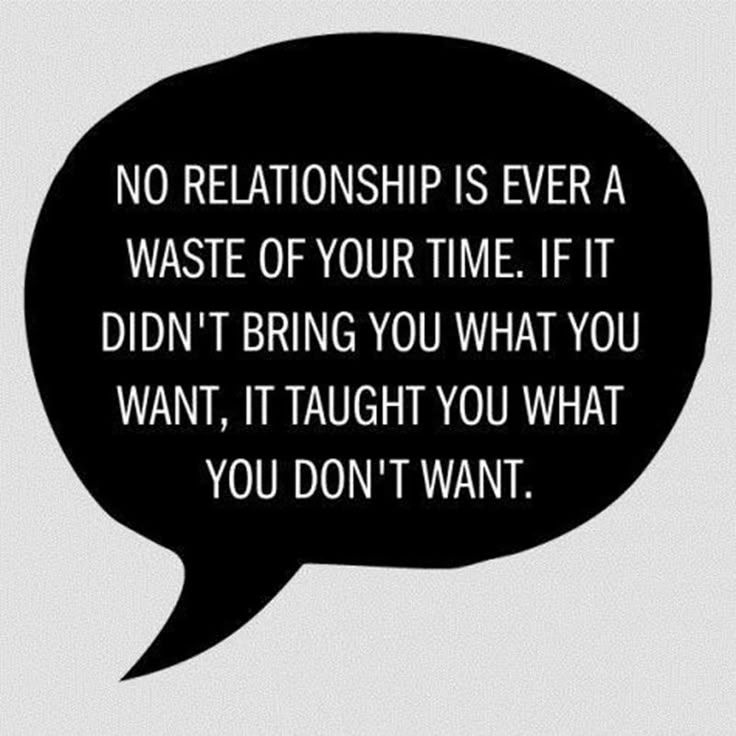
Articles are written about her and remembered in serials, and the artist Damien Hirst created a series of paintings, calling them the acronym "DABDA" (denial, anger, bargaining, depression, acceptance).
How long each stage lasts is not specified, but it is believed that all of them must go through in a certain sequence.
- Regular exercise saves you from depression. But not always
- How hormones, immunity, microbes, and pulse affect our character
- How parental quarrels affect children's health to parents) and Colin Murray-Parks.
Researchers interviewed 22 widows and identified four stages of grief: numbness, searching and longing, depression and rethinking.
The modern classification was developed by psychologist Elisabeth Kubler-Ross, who worked with terminally ill patients and asked about their near-death experiences.
 nine0005
nine0005 Kübler-Ross, by the way, radically changed the attitude towards palliative care and raised the question of the doctor's responsibility not only for the health of patients, but also for how they live their last days.
Image copyright, Getty Images
Image caption,How does a terminally ill person feel?
Skip the podcast and continue
podcast
What did it cost
The main story of today, how our journalists explain
Issues
End podcast
However, the concept of five stages of grief did not pass the system test, and only in the early 2000s did Yale University researchers first tackle this topic.
Over the course of three years, they interviewed 233 bereaved people (usually a wife or husband). The interviews were conducted approximately six, eleven and nineteen months after death.

The researchers did not look at cases of violent death of a relative or complex grief reactions. nine0005
The picture they got was more complex than the five-stage hypothesis. The researchers found that the most common emotion was acceptance, while denial was not experienced by everyone or to the same extent.
The second strong emotion was melancholy, and a depressed state accompanied all stages, and it was more pronounced than anger.
In addition, the emotional stages did not change each other in a clear sequence. A person in the third stage of grief could, for example, experience acceptance rather than anger. nine0005
Image copyright, Getty Images
Image caption,A popular theory is that when we experience grief, we go through five successive stages.
After about six months, almost all participants in the study noted a decrease in negative emotions, but this did not mean complete recovery.
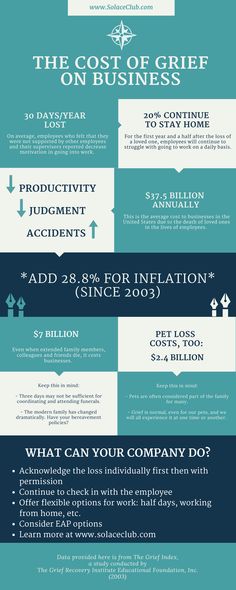
Longing for the deceased can last for years, but in the end, most people cope with grief.
For ethical reasons, the first interviews were conducted only a month after death, and therefore the researchers did not have an accurate picture of what a person feels in the first days and weeks after the loss. nine0005
Later, a study of people's reactions to violent death was conducted, but its participants were mainly students who lost more distant relatives than their spouse.
A strict sequence of stages was also not confirmed, although acute mental pain was more characteristic of the first stage, and acceptance - the last. However, unlike in the previous study, the scientists did not follow the reactions of one person over a long period of time.
Another study showed that older people experience loss differently. nine0005
George Bonanno of Columbia University observed elderly couples before and after the death of one of their spouses.
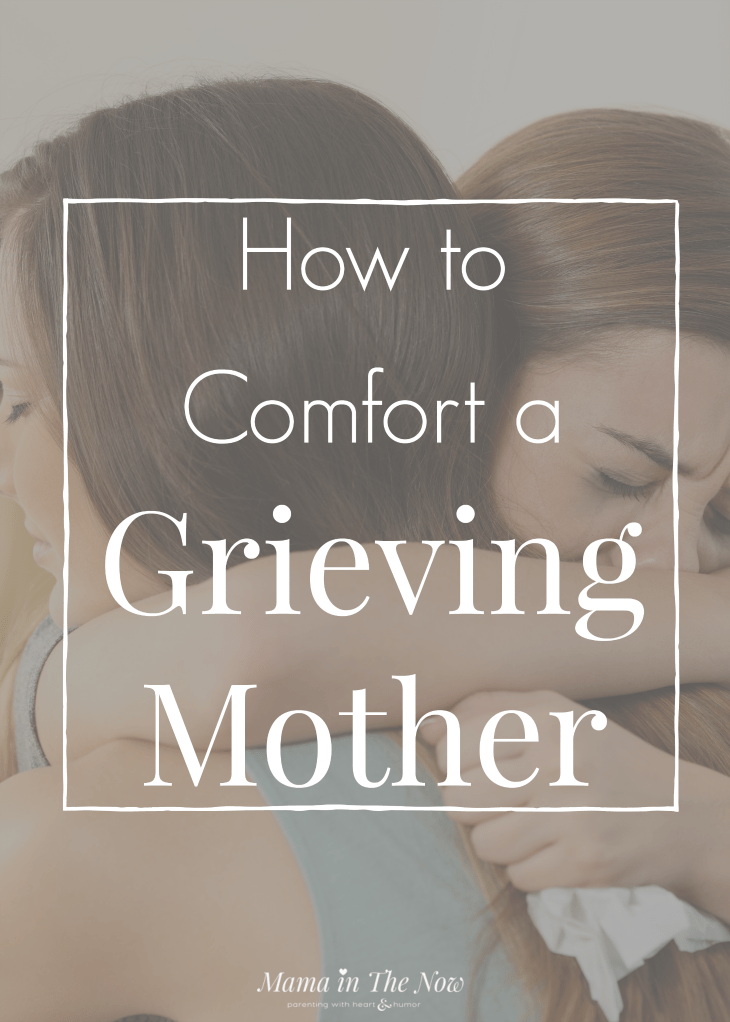 He found that 45% of people did not feel severe pain either immediately after the death of their other half, or later.
He found that 45% of people did not feel severe pain either immediately after the death of their other half, or later. 10% of widowers and widowers even felt some relief. People showed resilience and were able to cope with grief.
Bonanno's latest study in 2012 also disproved the idea of stages of grief.
However, whatever the results of the research, the theory of five stages of grief is attractive in a certain sense, because it gives people hope for gradual relief. nine0005
Ruth David Koenigsberg, author of The Truth About Grief, notes that the five-stage theory makes people feel certain things.
"It calms those who have similar emotions, but makes those who experience the death of loved ones differently feel guilty," writes Koenigsberg.
Image copyright, Unsplash
Image caption,Everyone experiences loss in their own way
"A person may think that something is wrong with him, that he does not feel what he should feel," the author adds.
 nine0005
nine0005 However, research clearly shows that there is simply no "right" way to mourn a loved one. Everyone experiences grief differently, and that's natural.
The feeling of loss remains, but the longing passes with time, at least for most people.
Some "scenario" of what you will experience next can be somewhat reassuring, but, unfortunately, real experience often differs from theory.
After all, life is much more complicated. nine0005
The purpose of the article is general information. It cannot replace the medical advice of a specialist. The BBC is not responsible for any diagnosis made by a reader based on information from the site. The BBC is not responsible for the content of any external Internet sites linked to by the authors of the article, nor does it endorse any commercial product or service mentioned on on on any site. Always consult your doctor if you have questions related to your health.



